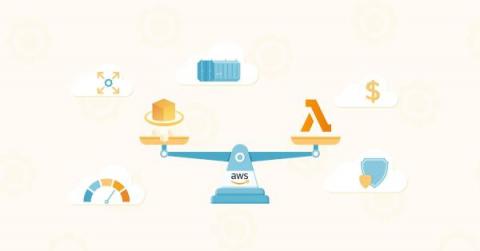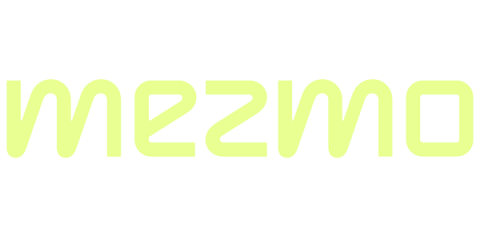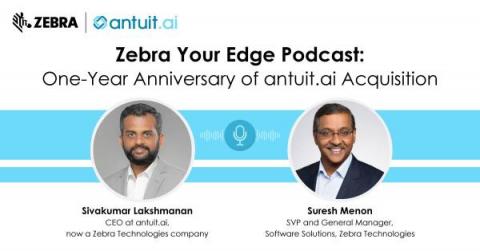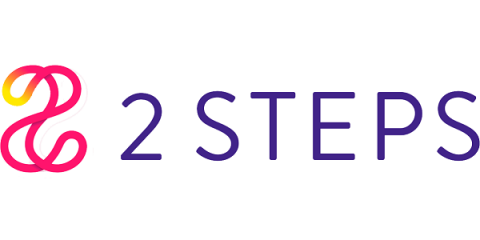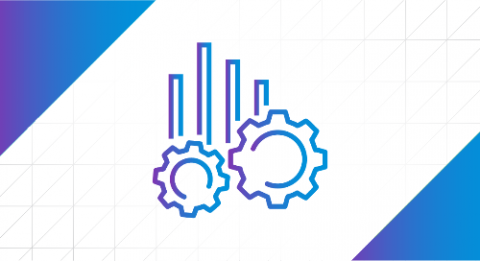Operations | Monitoring | ITSM | DevOps | Cloud
Blog
Observability Pipelines: Helping Your Data Do More
With an exploding volume of data and systems comes the need for observability, or the ability to understand the internal states of a system from knowledge of its external outputs. As a result, observability data's importance is at an all-time high. Businesses spanning every industry use it in various ways to respond to issues, increase agility, mitigate risk, and ultimately provide better experiences for their users. It’s an incredibly valuable commodity.
Datadog alternatives for cloud security and application monitoring
Zebra Technologies' Your Edge Podcast: One-Year Anniversary of antuit.ai Acquisition
On the one-year anniversary of antuit.ai’s acquisition by Zebra Technologies, our CEO, Sivakumar Lakshmanan joins Suresh Menon, Zebra’s SVP and General Manager for Software Solutions on a special edition of Zebra’s Your Edge Podcast.
Get the Coverage You Need in the User Experience Monitoring Space
Understanding user behaviour can help companies and organisations improve customer engagement, sales conversions, and customer service. On the other hand, not understanding user behaviour can result in lost customers and missed opportunities. So what is user behaviour, how does it affect your business, and how can you use it to improve your marketing efforts?
Checkly Completes SOC 2 Type 1 Audit
A Service Organization Control (SOC) audit is one of the most extensive tests an organization can undergo to demonstrate the ongoing maintenance of high-level information security. Today, we’re thrilled to announce that Checkly is SOC 2 Type 1 compliant after completing a successful audit by an accredited auditing firm. This demonstrates that Checkly’s information security policies, procedures, and practices meet the SOC 2 guidelines for security and data privacy.
A Guide to Incident Severity Levels
Maintaining IT infrastructure is a consistent challenge for system administrators, site reliability engineers (SREs), supporting developers, and technicians. Several factors can impact system performance, cause outages, or impact customer experience. On top of that, not all incidents are created equal. The impacts and severity of a system outage affecting 10% of your users are different from an outage impacting 90%.
Cloud Computing - Complexity in Observability
Cloud computing has become a mainstream technology, and it's now easier to get started with the cloud than ever before. However, while the benefits of the cloud are undeniable, there are still challenges that you will have to face when using cloud services. One of these challenges is how difficult it can be to monitor an app or infrastructure. Cloud computing is a complex environment, so monitoring everything in it is challenging.
Viewing OpenTelemetry Metrics and Trace Data in Observability by Aria Operations for Applications
Modern application architectures are complex, typically consisting of hundreds of distributed microservices implemented in different languages and by different teams. As a developer, site-reliability engineer, or DevOps professional, you are responsible for the reliability and performance of these complex systems. With observability, you can ask questions about your system and get answers based on the telemetry data it produces.
How to Fix Poor Google Cloud Latency
Learn how to reduce your latency and get better network performance from the popular cloud service provider.


